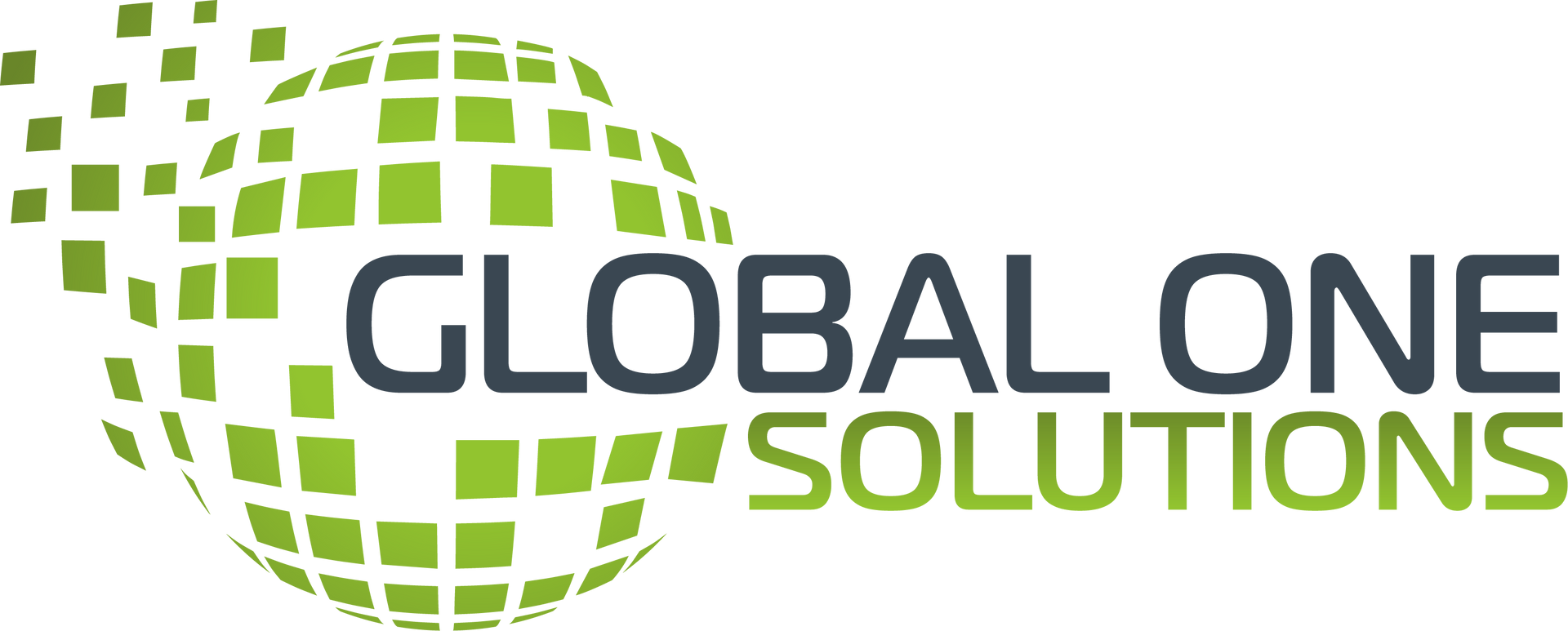
Cybersecurity & Risk Management Services
Securing your future with cutting-edge cyber defense
Securing Your Digital Future: Comprehensive Cybersecurity & Risk Management Solutions
In today's rapidly evolving digital landscape, the importance of robust cybersecurity and risk management cannot be overstated. As organizations increasingly rely on technology for their daily operations, they become more susceptible to a wide range of cyber threats. Cyberattacks not only disrupt business continuity but can also result in significant financial loss, reputational damage, and the erosion of consumer trust. Thus, it is critical for modern organizations to invest in comprehensive cybersecurity strategies and risk management practices to safeguard their valuable digital assets.
Our Cybersecurity & Risk Management Services help organizations by:
01
Incident Response:
We help organizations develop and implement incident response plans to quickly identify, contain, and mitigate cybersecurity incidents, minimizing disruption and restoring normal operations.
02
Penetration Testing:
Our penetration testing services identify vulnerabilities in systems and networks, providing actionable recommendations to improve security posture and protect against potential breaches.
03
Data Privacy Consulting:
We assist organizations in navigating data protection regulations, developing data privacy policies, conducting risk assessments, and ensuring compliance to avoid fines and reputational damage.
04
Threat Intelligence Services:
We provide up-to-date information on emerging risks, threat actors, and attack methods to help organizations proactively defend against cyber threats and make informed decisions about their cybersecurity strategies.
Our Cybersecurity & Risk Management Services
Cyber Strategy
A comprehensive cyber security strategy involves a set of coordinated and structured measures aimed at protecting an organization's assets, data, and infrastructure from cyber threats. This involves identifying and prioritizing assets, assessing and mitigating risks, implementing security controls and protocols, and regularly monitoring and reviewing the overall security posture.
Key Benefits:
Strengthening your organization's cybersecurity reduces the likelihood and impact of cyberattacks, ensuring business continuity, safeguarding sensitive data, and maintaining stakeholder trust.
Information and Event Management (SIEM) Solutions
We offer SIEM solutions that provide real-time monitoring, analysis, and management of security events across your organization. Our team helps you implement and optimize SIEM technologies to detect and respond to potential security incidents quickly and efficiently.
Benefits:
SIEM solutions improve your organization's threat detection capabilities, enhance incident response times, and streamline compliance with industry regulations.
Security Architecture
We design and implement security architecture solutions that align with your organization's unique needs and objectives. Our team of experts develops a robust framework to support your security strategy, ensuring that your infrastructure, applications, and data are protected from potential threats.
Key Benefits:
A well-designed security architecture enhances your organization's resilience against cyberattacks, promotes compliance with industry standards, and provides a solid foundation for future growth and innovation.
01 Data Privacy Consulting
We provide data privacy consulting services to help organizations navigate the complex landscape of data protection regulations. Our team assists with developing and implementing data privacy policies, conducting risk assessments, and ensuring compliance with relevant legislation.
02 Penetration Testing
Our penetration testing services simulate real-world cyberattacks to identify vulnerabilities in your systems and networks. By uncovering these weaknesses, we provide actionable recommendations to improve your security posture and protect against potential breaches.
03 Incident Response
We help organizations develop and execute effective incident response plans to quickly identify, contain, and mitigate cybersecurity incidents. Our team provides guidance throughout the process, from understanding the scope of the incident to taking necessary steps to prevent further damage.t.

Interested in our services? We’re here to help!
We want to know your needs exactly so that we can provide the perfect solution. Let us know what you want and we’ll do our best to help.
MENU
GET IN TOUCH
(833) 314-5623
info@globalonesolutions.co
923 Haddonfield Rd
Suite 300
Cherry Hill, NJ 08002
STAY CONNECTED

All Rights Reserved | Global One Solutions | Powered by Mahogany Sites.